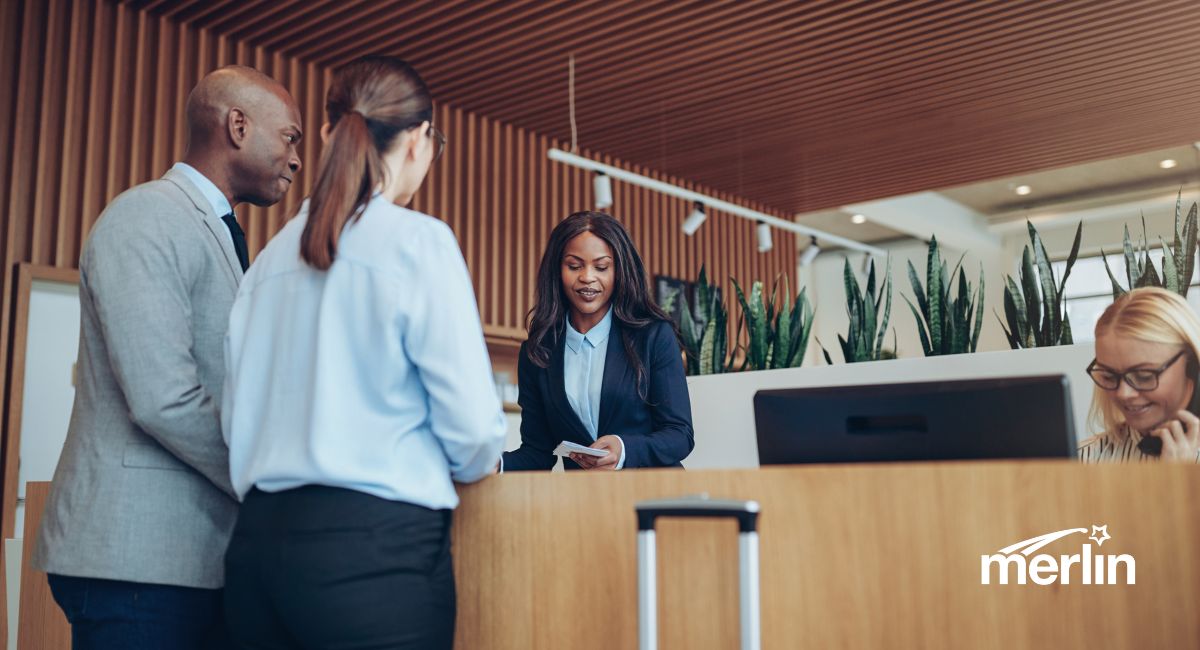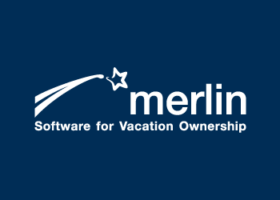
How to live up to customer expectations
How can the hospitality sector satisfy the customer expectations and demands of travellers in 2023 and beyond while managing the ongoing challenges and conflicting demands of the COVID pandemic, the popularity of remote working, workforce shortages and increasing travel pressures?
The Merlin team considers five ways resorts can make operational improvements to deliver outstanding service and live up to customer expectations.
eLearning for staff development
A well-known maxim in the hospitality industry asserts that happy employees lead to satisfied customers. Unfortunately, the industry has historically had trouble retaining employees. The US Bureau of Labor Statistics reports that turnover rates frequently reach 70 per cent. One of the main reasons workers in the industry search for other employment is a lack of professional growth and career prospects.
Despite having a bad reputation for offering few prospects for personal advancement, the hospitality sector provides a variety of rewarding career choices. A practical method to demonstrate the opportunities in the industry is to invest in professional development courses.
Employers have the option of subscribing to an eLearning site like eHotelier that offers virtual, self-paced courses in addition to internal training delivered by staff.
The most popular training courses emphasize culinary skills, health and safety, and hospitality management. International businesses, for example, might use eLearning to increase the agility of their employees. For instance, staff members may take intercultural training and language classes to be eligible for a transfer abroad.
Strong training initiatives help businesses keep passionate staff members devoted to providing exceptional customer service.
Smart apartments
Automation may be able to solve the twin problems of a lack of qualified workers and rising consumer demand. The growing use of internet-capable technology and dependable wireless networks is a driving force behind the smart room trend.
Customers who book smart rooms can use a tablet or phone to manage many aspects of the unit, including the temperature and lighting. In addition, smaller resorts can easily improve their customer service levels by giving customers tablets already loaded with apps and valuable guest information.
Visitors may obtain tickets, receive weather reports, and arrange guided tours with a few clicks. Tablets can also enable device-to-television casting, giving visitors access to a greater variety of programming without additional costs.
Secure reservation process
2019 saw the discovery by cybersecurity company Symantec of a significant security hole affecting more than half of hotel booking websites. Many websites create a unique link during the booking process that takes the user straight to their itinerary. However, this link is insecure and might be intercepted by outside parties, which could disclose private and sensitive client information.
Severe privacy breaches can result from poorly secured registration data, as happened in 2020 when a cloud misconfiguration led to a data leak affecting more than 10 million clients.
By updating reservation software that creates encrypted links without personally identifying information in the link URL, resorts may protect their customers’ data.
SMS marketing initiatives
In the United States, 85 per cent of people have smartphones, and 97 per cent of people open SMS messages. As a result, SMS has become one of the most influential business communication platforms. In addition, direct access to consumers is essential in hospitality, where interactions frequently include time-sensitive information.
Sending reminders, check-in details, and confirmation messages can all be achieved via personalized, automated SMS systems. Additionally, SMS is an efficient way to coordinate internal communications between housekeeping, room service, and visitors. Resorts, hotels and other lodging establishments can use SMS to contact previous customers with tailored advertising or ask for reviews.
Through a two-factor authentication method, SMS can also increase the security of the check-in process. A text message with a verification code can be delivered to visitors’ phones when they sign into a booking website. In addition, the consumer will have a seamless log-in process thanks to SMS testing tools to validate an improved authentication system.
Mobile self-service
COVID regulations compelled the hospitality sector to implement contactless practices. After two years, visitors have grown to appreciate the flexibility of services like keyless entry and mobile self-check-in offers. Processes for efficiently registering guests are advantageous to hospitality businesses.
Larger chains have deployed self-check kiosks to ease crowding, while reservation management software can help smaller resorts. Upgrades and upsells are made more accessible by mobile apps because customers can purchase by clicking a button. Due to the decreased friction, it has been found that guests spend more money per stay.
For further information on how Merlin Software and its suite of WebApps can do for your business and meeting customer expectations, do not hesitate to contact Mark Thomas at MarkT@quickmerlin.com.
Source: eHotelier



